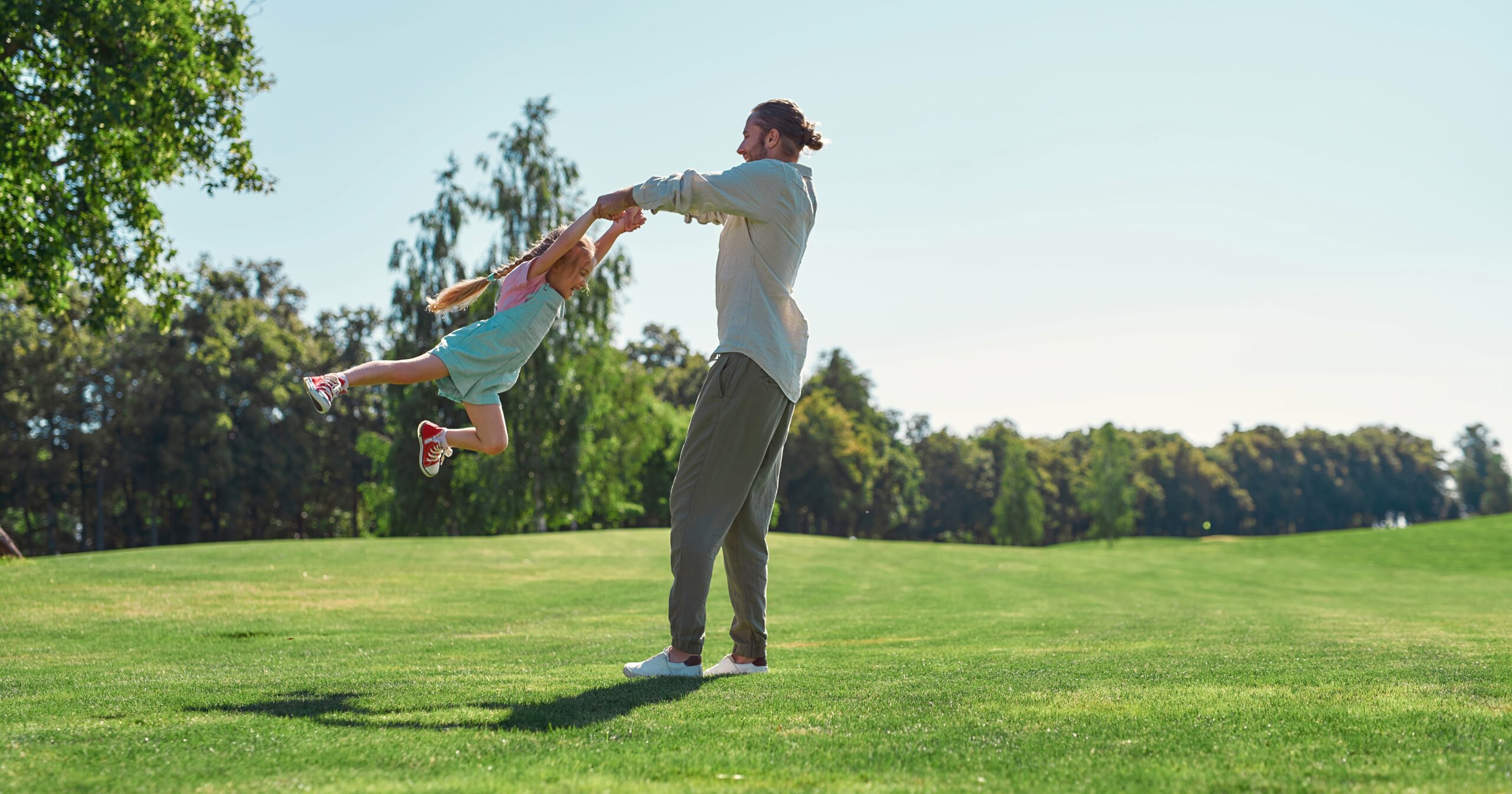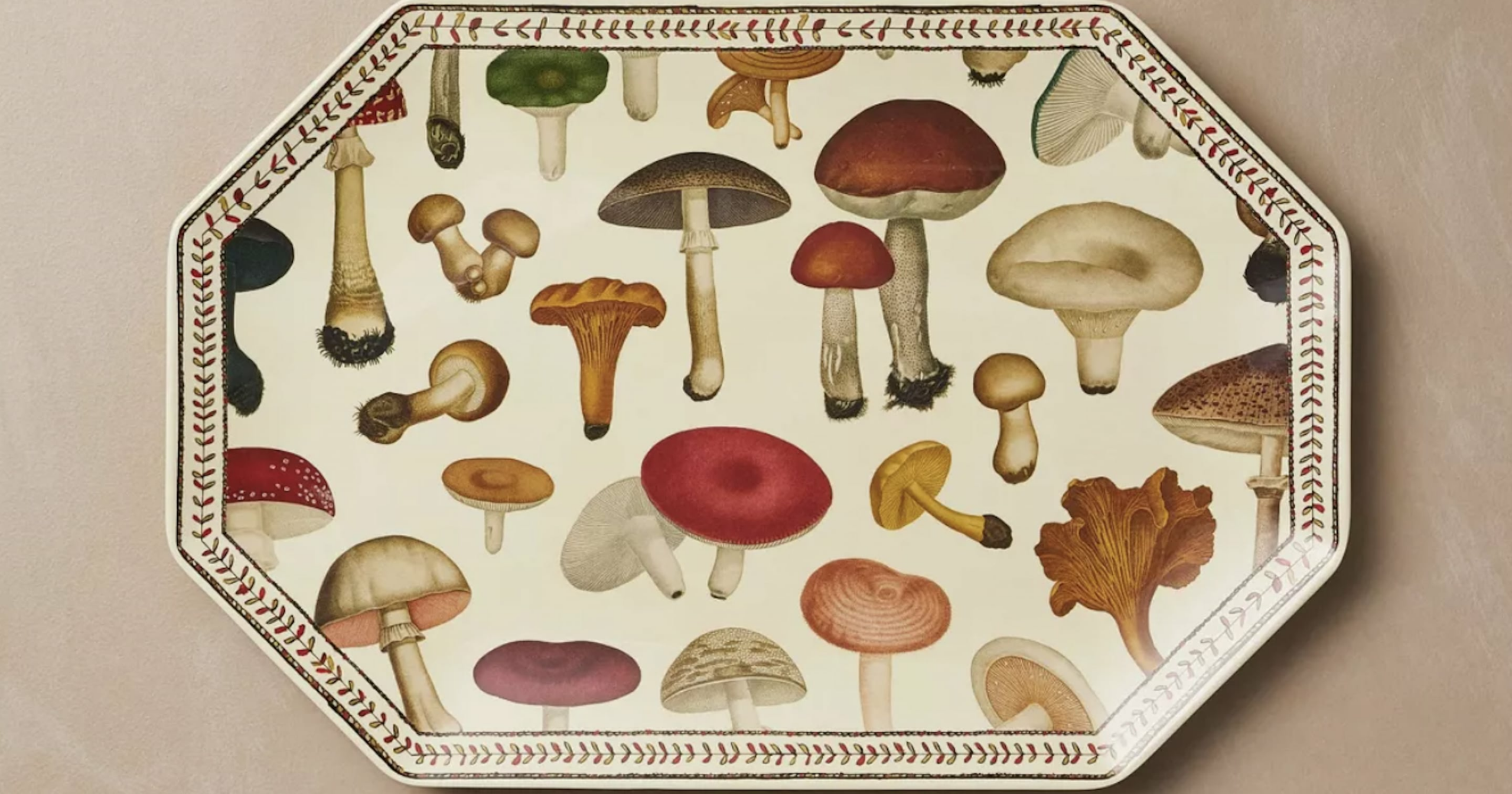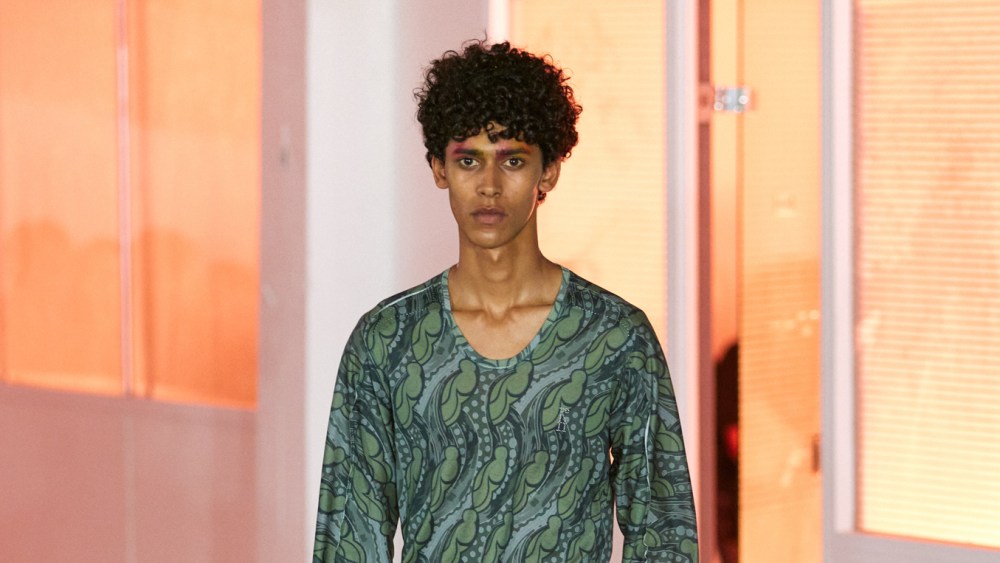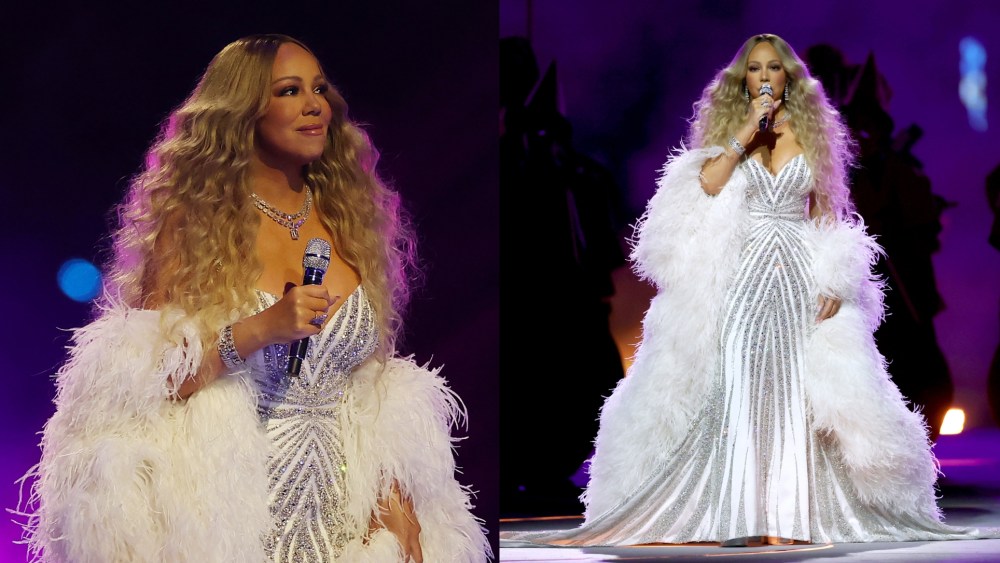“I’m gonna be the dad,” I told my pregnant wife.
“Noooo! Why do you get to be the dad? I wanna be the dad!”
As two lesbians, we found it funny to bicker over a role that was by definition closed to us. But we also knew implicitly what “being the dad” meant. We were picturing the best of the Boomer dads we knew growing up: relaxed and easygoing, they knew how to bring the fun.
To be clear: my wife and I are not “relaxed” people. We’re a couple of Type A femmes who are a little too excited about our robo-vacuum. Spreadsheets play a significant role in how we organize our lives. We’re not inclined to be “chill” or “hands-off” with a project as momentous as raising a kid.
But the cavalier attitude exemplified by the Boomer dads of our childhoods does sound attractive. They seemed to find humor in the everyday and embraced risk in the name of play. On top of occupying the role of “fun czar” in the family, Boomer dads got the best chores. While the women were saddled with the daily, repetitive work of housekeeping and childrearing, dads were called into service for one-off tasks with a high grit factor: cleaning the gutters, emptying the recycling, getting the car serviced. In one fell swoop, they could check them off their list, earn brownie points from the wife, and forget about that job for days or weeks at a time. Who wouldn’t want that end of the bargain?
Luckily for women, things have changed since then. As someone in a queer relationship, I delight in not being bound by gender roles. But still, when looking after my own household, I lean into the male-aligned tasks with a sense of relish and a dash of mischief. I call it “Dad Energy.”
Anyone can channel Dad Energy. It’s a special force available to all genders.
Anyone can channel Dad Energy. It’s a special force available to all genders, handed down from a bygone era but every bit as potent when applied to the household tasks of today. Whereas BuzzFeed has classified Dad Energy as an aesthetic, I think of it as more of a vibe.
I summon Dad Energy when I take our car to the self-serve car wash and hose down our vehicle while surrounded by a cohort of exclusively male customers. I channel Dad Energy when I set a live trap for the mouse that’s been terrorizing our kitchen for weeks, then take the trap to a densely wooded area several miles away and release the little critter into the wild. Dad Energy gives me a certain pizzazz, a gusto for undertaking onerous chores that I otherwise do not possess. When my wife cringes at a task because it seems too icky and requests that I do it instead, my Dad Energy redoubles.
At its best, Dad Energy offers a welcome reprieve from my own personality. It’s the opposite of Type A. Dads are rough and ready for action. They are roguishly imprecise. Who cares about getting the details exactly right? This is about lugging stuff, improvising weird solutions, and getting it done.
Since having a kid, I’ve been thinking a lot about how to bring Dad Energy into parenting. Embracing Dad Energy is a way of combating some of the cultural pressures I feel as a mom, like being judged for my child’s appearance. Does my kid’s sweater not match his pants? Are his orange socks shaped like foxes clashing thematically with his sailor shirt? Dad likes the look, so it stays!
In an ideal future, everyone will borrow liberally from gender norms.
Of course, Dad Energy isn’t always ideal. At its worst, it means relinquishing the mental load of caregiving, which forces the other parent to set appropriate boundaries. Someone has to keep the family on task and the kid alive.
Being in a queer couple brings a certain consciousness to parenting and the division of labor. There’s no script to fall back on, so we have to construct our own roles, a process that involves reflecting on who our parents were and who we aspire to be.
I asked my friends, a lesbian couple who are starting IVF, how they think about Dad Energy and the cultural norms we grew up with.
“Not all dads are goofy, but dads have more room to be goofy than moms,” one said.
In society’s view, said the other, “It’s the mom who’s responsible for the safety and wellbeing of the child. The dad has all this freedom.” She turned to look at her wife. “I have a fear that our kid will like you more because you’re more fun. You get the Dad Energy fun, and I have to be stern.”
“The dad role is just objectively better,” my wife put in. “You come in when the baby’s awake, it’s been well-fed, and you just play with it. The systems of oppression have got a pretty good lock on channeling all the less-pleasant parts of it to one person.”
They’re getting at something that’s core to Dad Energy and its underlying dynamic – in any given moment, it’s the person who’s being responsible who enables the other one to be fun.
For my married gay friends Dave and Andrew, the parents of an eight-month-old girl, Dad Energy is the last thing on their minds.
“I would not say I think about being a dad through a gendered lens,” Andrew said.
“I think the term ‘father’ is so weird,” Dave agreed, laughing. “Maybe that’s just from being gay. I don’t identify with that kind of masculinity.”
Plus, he said, being the goofy, fun parent isn’t always the desired mode. So much of loving a little person involves creating a sense of stability, safety, and nurturing – roles historically assigned to Mom.
“Sometimes you just need to hug them, be a warm presence, and sit with them,” he said.
Embracing these stereotypically “feminine” roles comes naturally to these two. They don’t seem to be wringing their hands over their Mom Energy bona fides.
Millennial couples have come a long way from the Boomers, and we know that there’s no reason why these roles need to be divided along gender lines – or assigned to just one member of a couple. Like any aspect of good parenting, Dad Energy can be a team effort, a flexible exchange between partners. To access the kind of freedom that dad-ness represents, we have to share the responsibility of day-to-day caretaking. In effect, each of us has to be Mom so that we can also be Dad.
In an ideal future, everyone will borrow liberally from gender norms, mixing and matching to find the right balance. One day there won’t be Dad Energy – there will just be “being a cool parent who’s a nice mix of relaxed and involved.” Remembering the Boomer dads of yore is one input to help me get there, a feature of my inner parenting moodboard.
The next time my wife finds a rodent ransacking our kitchen, I’ll bravely answer the call. “Get the gloves, honey. Dad’s on the case.”
Amary Wiggin is a writer published in The New York Times, The Rumpus, Cosmopolitan, HuffPost, The Guardian, and elsewhere. She writes creative nonfiction, service journalism, and fiction. She loves telling stories about relationships and power dynamics within the home (love, family, friendship) and outside it (unions, organized labor).




